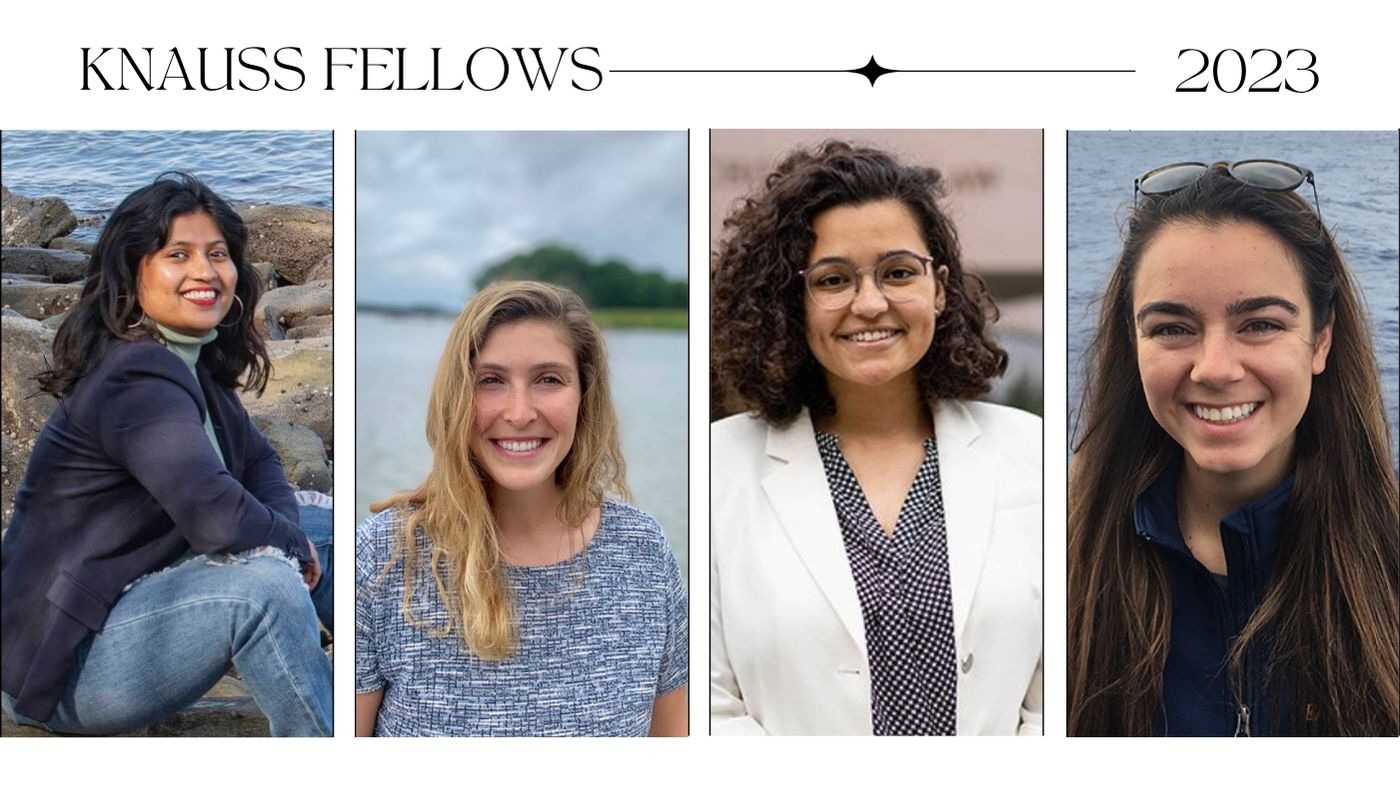
Recent grad students will work for a year on ocean and coastal policy in Congress and the Executive branch
Monica Rao of Mumbai, India; Callon Yanoff of Rockville, Maryland; Brianna Jordan of Cranston, Rhode Island, and Basia Marcks of San Diego, California, were selected to receive up to $84,000 in funding for their year of work. They applied through Rhode Island Sea Grant and were chosen through a competitive process that includes a comprehensive review at both the state Sea Grant program and national levels.
Rao, who received her masters in environmental science and management from URI, has been placed within the National Weather Service’s analyzed forecast and support office under the National Oceanic and Atmospheric Administration (NOAA).
“Weather and forecasts are new arenas for me, but I’ve been enjoying the different projects I’m working on. The scale of forecasting from a local to an international level and how it affects different areas, from shipping to aviation, is pretty exciting.”
Rao first came to the U.S. in 2015 as part of an international program in Boston before coming to URI for its landscape architecture program, which she says made her more empathetic toward the environment and led her to the Masters in Environmental Science and Management program, and ultimately the Knauss Fellowship.
“I always thought that policy was the fastest way to bring about change and … that’s why I applied to the Knauss Fellowship,” she explains. “I want to get exposure to policy and decision-making at the federal level, but I’m also just open to new experiences and to seeing where that takes me.”
Yanoff, who received her masters in marine affairs from URI, is working within the U.S. State Department and hit the ground running as part of the delegation team for the Intergovernmental Conference on Marine Biodiversity of Areas Beyond National Jurisdiction.
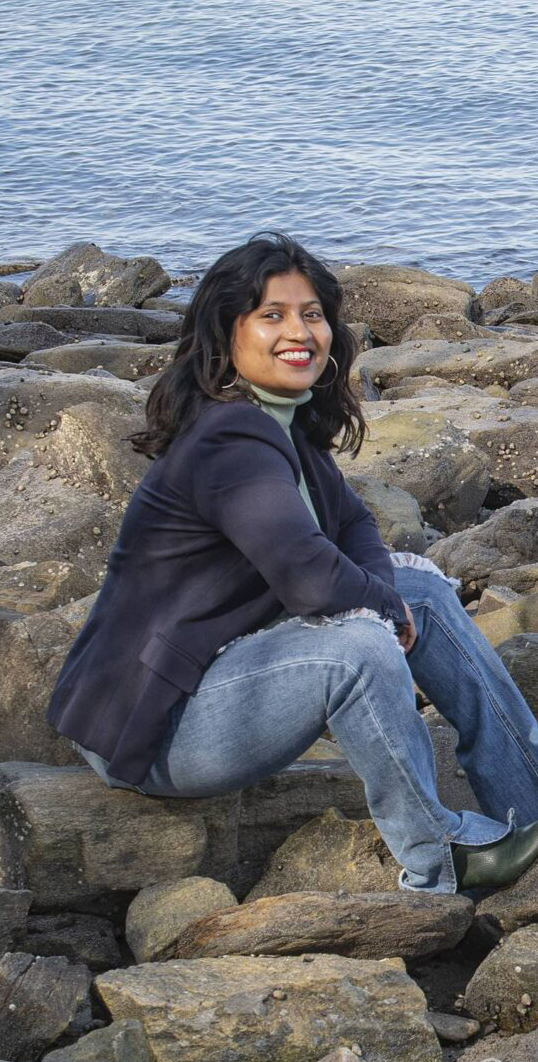
“I was labeled a delegate, but I wasn’t doing any of the negotiations,” she says, explaining that she was placed in a more supportive role. “I was really trying to support them by doing briefings and summarizing content … It’s been an absolute firehose of information.”
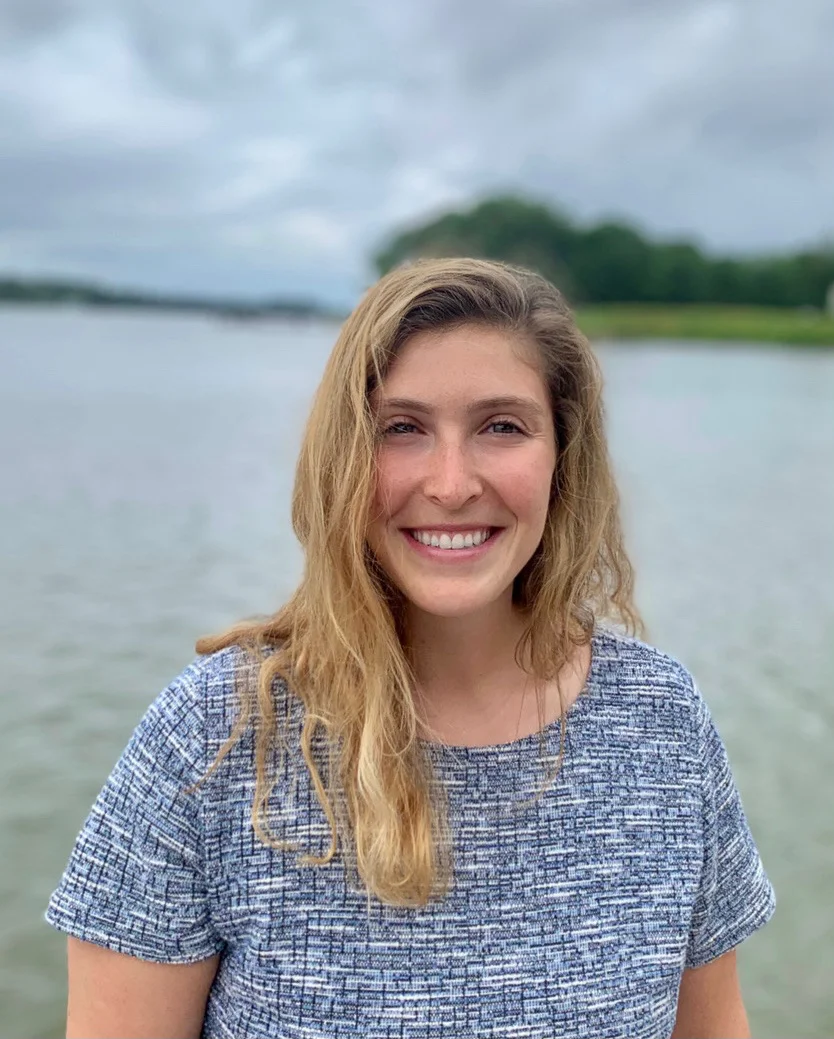
“The State Department only has one position every year for Knauss, but I was really set on State because I really wanted to get that international experience … and I knew from the get-go that it wasn’t going to be easy and that it was going to be a very fast-paced position,” she says. “It’s really going to broaden my experience in terms of learning how diplomacy works and how we come to reach these agreements that are huge and binding, and have 100 countries on them.”
Jordan, who graduated with a M.S./J.D in Historic Preservation from Roger Williams University, brings a unique perspective to the hazard mitigation team at the Federal Emergency Management Bureau (FEMA).
“Historic preservation is about identifying and protecting cultural resources … and the coast has its own cultural identity, right? And these things are threatened by climate change,” she says, explaining how the relationship coastal communities have to the water can be affected by flooding, erosion, and storms. “And one of the great things about historic preservation is being in touch with our cultural touchstones that makes our community what it is can be really important for disaster survivors. And so how do we protect these resources and ensure communities can bounce back? We connect this with the law through statues, authorities, and regulations on historic properties and on cultural resources. That’s where I’m coming from.”
“Historic preservation is very close to urban and environmental planning. It’s a small subset of that, but it is a consideration that most planners are aware of. And so it’s felt like a really good fit to kind of get into that, into that team,” she says. “The placement with FEMA kind of extends my graduate program because of the way that the hazard mitigation planning team is looking at things, and it also extends my knowledge, which is going to make me a better lawyer, better historic preservationist. So I’m really excited to jump back into planning, and what that looks like at federal level, and at a hazard mitigation, resilience level.”
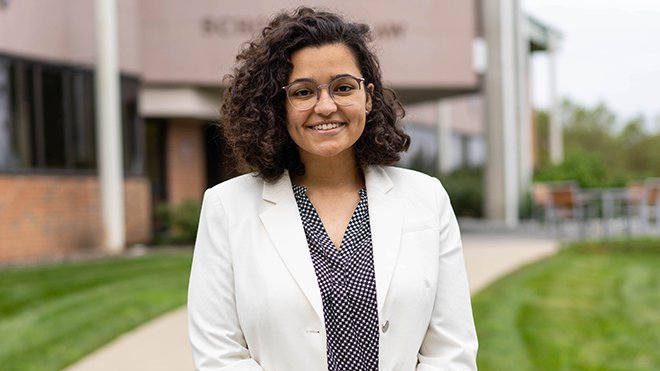
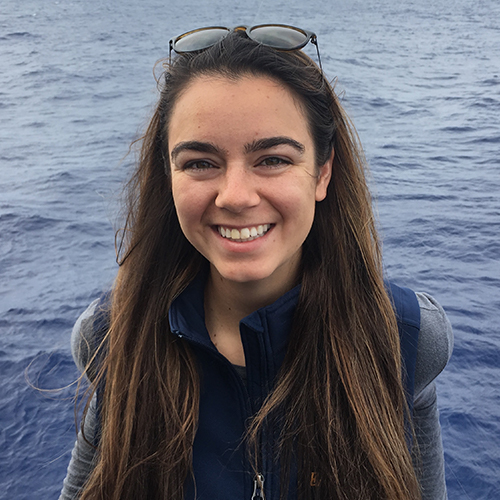
Basia Marcks, Ph.D. Oceanography from URI’s Graduate School of Oceanography, will be working in the House of Representatives Natural Resources Committee’s subcommitte on Water, Oceans, and Wildlife as a 2023 Knauss Fellow.
“While completing my Ph.D. I realized my favorite part of my degree was communicating science. I also saw how the scientific principles and data that I was learning about in coursework or in journal articles didn’t seem to be reflected in policy. It became clear that there was a disconnect between climate science and climate policy enacted by our government,” she says, explaining why she applied for the Knauss Fellowship. “I knew I wanted to work on the Hill during this fellowship but I didn’t know much about the difference between working in the Senate versus House or in a personal office versus a committee … I wanted to work in a placement where I would be able to use my knowledge of geology, oceanography and climate while at the same time growing my knowledge base and diversifying my portfolio.”
She adds that while she is learning a lot about briefings and writing memos, she is also learning a lot about how the U.S. government runs, the teams of people working to support elected officials, and how legislation is drafted.
“I’m excited for the wide array of topics I will learn about this year, hoping to leave with a much more nuanced view of our political system while helping push the needle a bit further on marine and climate policy.”
